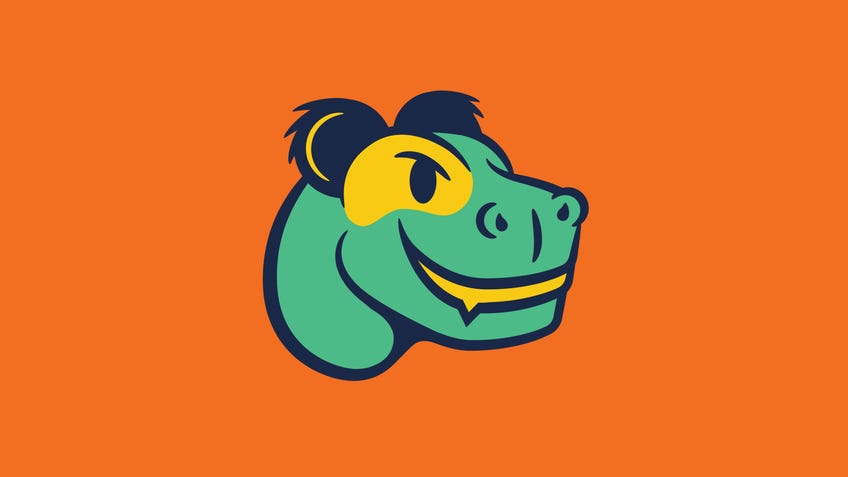Dinosaur Island and Machi Koro studio employees allege toxic workplace directly caused by “negligent” owners
Several former employees, contractors and designers say the environment within the rising star publisher grinds people down to “anxious, overworked” stubs.
Workers within board game publisher Pandasaurus Games allege the co-owners of the Austin, Texas-based company, married couple Molly Wardlaw and Nathan McNair, maintain a toxic environment through “negligence, mismanagement and manipulation”.
Seven former employees, contract and freelance workers, and partnered designers spoke to Dicebreaker under anonymity about the mental and emotional strain they endured while working for the publisher behind titles including Dinosaur Island, Machi Koro and upcoming board game The Fox Experiment, among others. The workers allege that the vast majority of Pandasaurus Games’ internal issues lead back to a management style they characterise as both absentee and painfully involved in the smallest details.
One of the most pressing issues the workers alleged was a consistent inability to pay workers - employees, contractors or partnered designers - on time. Many would discover a missed payment via confused texts from their peers. McNair, whom they said handled Pandasaurus’ finances, would need to be reminded - occasionally multiple times - before payment would be processed. They allege he habitually offered excuses but rarely apologies - an outside bookkeeper was one reason every former worker mentioned hearing at least once.
“Everybody knows that if it was really the bookkeeper's fault they would have fired the bookkeeper and gotten a better one,” one worker said.
“‘It was a long weekend. I forgot to press the button. Oh, I was out of town.’ Well, it's your responsibility to take care of that,” said another worker. “This is the only place I've ever worked where I've not been paid on time.”
One worker alleged that this casual attitude towards payment did not extend to distributors or anyone else who owed Pandasaurus unpaid invoices and claimed they needed to pester the co-owners to make good roughly once out of every five pay periods - this estimate was corroborated by multiple sources. “It's incredibly disrespectful to their employees, and it should absolutely never happen,” another said.
The former workers understood late but ultimately addressed payment problems may seem negligible but stressed that it represents McNair and Wardlaw’s warped managerial style, which is rooted in two key problems: failure to relent power and authority to anyone working underneath them and a flagrant disregard for their own responsibilities. Sources claimed the combination forced projects to a screeching halt and transformed minor issues into dire emergencies.
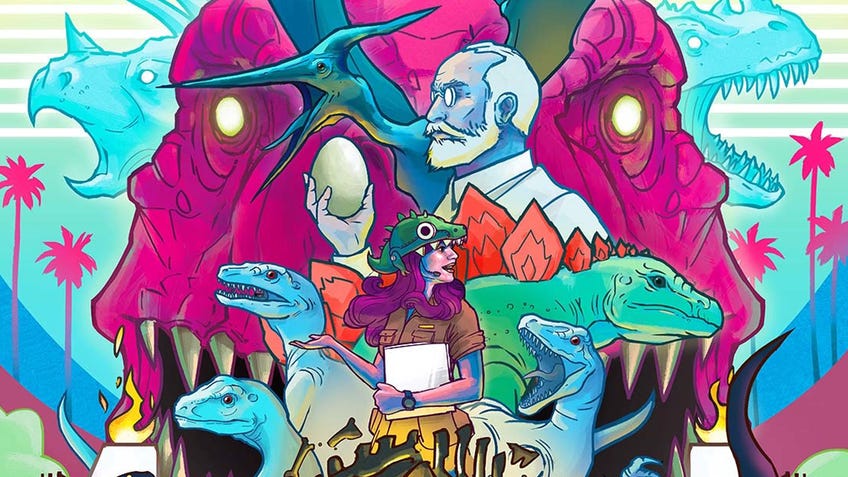
Pandasaurus operates a small, fully remote team whose members all carry managerial job titles for single-person departments. Workers described this “flat organisational structure” as a point of pride for McNair and a source of misery for everyone else. In reality, he and Wardlaw hoarded responsibility and forced their employees to run virtually every company decision through the married couple first.
“You can't have a flat organisational structure in any capitalist company. It just doesn't work,” one former worker said. “They would not give up any scrap of decision-making power. It wasn't a flat structure, it was literally more like a dictatorship.”
They envision themselves as being the good guy, but they have no introspection at all. It comes out as being manipulative and toxic, and it eats away at who you are.
This situation was exacerbated by the owners’ apparent refusal to approve decisions for weeks or even months at a time, allegedly leaving in-development board games stalled and employees and contractors without direction. Employees said they felt incompetent and unprofessional making constant excuses to partnering companies, and one claimed they felt as though they had a collar around their neck.
“We would say, ‘Yes, the deadline was two weeks ago, and two weeks ago, we said, “Here it is, we need approvals before we can do the next step.” And you just didn't respond for those two weeks,’” one worker said.
“They don't realise how awful it is to not be able to get an approval on something for weeks and be stuck tearing your hair out because you're missing a deadline that they have set for you and knowing that you're gonna get in trouble for it,” another said. McNair and Wardlaw would demand the team focus time and resources on the most immediate fire, workers said, while three more raged in the background.
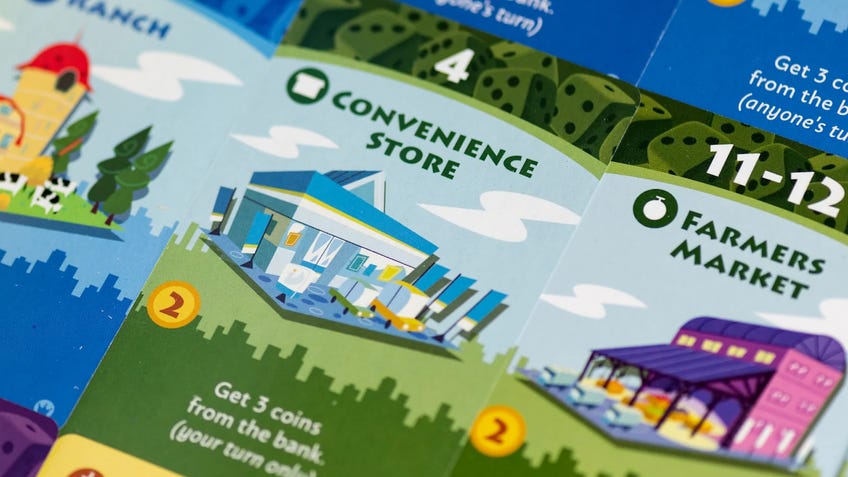
Reportedly, this didn’t stop the owners from demanding to know why Pandasaurus’ projects were consistently behind schedule or how important tasks had gone disabused for months. The staff said they learned to manage their managers, tacitly nodding through lectures and reprimands before cleaning up as many messes as possible with their remaining time.
McNair and Wardlaw also allegedly flaunted scheduled meetings and workflow tools such as Asana and shared calendars. The team never knew when the pair might have a conflict until they would either send a message or show back online hours later claiming to have been “out at lunch”. Employees were not allowed the same liberties, one source said, and the difference allegedly bred apathy and disillusionment with Pandasaurus Games’ leadership.
The workers claim months on end under such conditions would eventually affect everyone’s mental and physical health. Some maintained work appearances but reported months-long depressions spent motionless on the couch at home. Others claimed “a constant level of anxiety and stress” among coworkers because “somebody is going to inherit the crying baby at some point”.
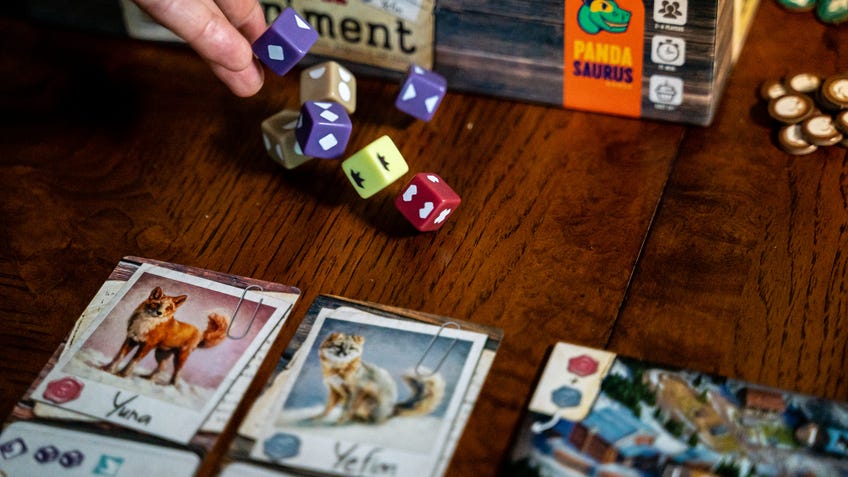
According to several former workers, those most often inheriting this baby was Pandasaurus’ graphic design department. They allege the design team bore the brunt of the owners’ negligent project management and consistently crunched on board game designs, event needs and marketing material in order to complete multiple deadlines.
This is something they do very frequently, both on calls with other employees and calls with multiple employees. We all know that they are shit-talking us the moment we're out of the room.
“Publicly, Nathan and Molly would be like, ‘No, don't do all-nighters.’ But when you're made to believe that the success of the company rides on getting this game out on time… There was a lot of pressure on them,” one worker said.
“Multiple people on multiple occasions told Nathan, ‘You're working [them] too hard, too much. You have to slow down on [them], you're breaking [them]. And they kind of agreed with that, but they just kept doing it,” another said.
They claimed that “nearly every project” came with some level of crunching that wasn’t officially mandated but necessary to push direly belated board games across the finish line. The owners reportedly contracted freelance graphic designers to help with the workload at one point but did not review the decisions that maintained Pandasaurus’ choked and flagging production flow.
“Everyone knew that Molly and Nathan did not like that. Everyone also knew that they're the ones who pushed [the graphic designer] to work like this,” one worker said.
Pandasaurus has garnered a favourable reputation within the tabletop industry for its wages, higher-than-average royalty split and company benefits such as unlimited paid time off. Former employees said McNair eventually mandated paid time off (PTO) in full-week chunks “as a bandaid” because staff dreaded leaving for any length of time and forcing others to spin yet another plate.
“The employees were the glue that held everything together,” one said. “We felt bad that things would be dropped and that the rest of the team’s jobs would be harder by not working.”
They don't realise how awful it is to not be able to get an approval on something for weeks and be stuck tearing your hair out because you're missing a deadline that they have set for you and knowing that you're gonna get in trouble for it.
The publisher has haemorrhaged its already meagre workforce via firings and voluntary resignations over the past few years. Former workers allege, and Dicebreaker confirms, a near 200% turnover since 2020 - the company began hiring full-time workers two years prior. Those that spoke to Dicebreaker alleged the recently departed would often become scapegoats for whatever problem currently plagued Pandasaurus.
“This is something they do very frequently, both on calls with other employees and calls with multiple employees,” one worker said. “We all know that they are shit-talking us the moment we're out of the room.” They added that McNair and Wardlaw similarly threw external partners under the proverbial bus during meetings and chat.
“It's always someone's fault, and they love to retroactively blame people who are gone. Because then not only is it not their fault, but they also don't have to work at fixing it because the problem - that person - is not here anymore,” another said.
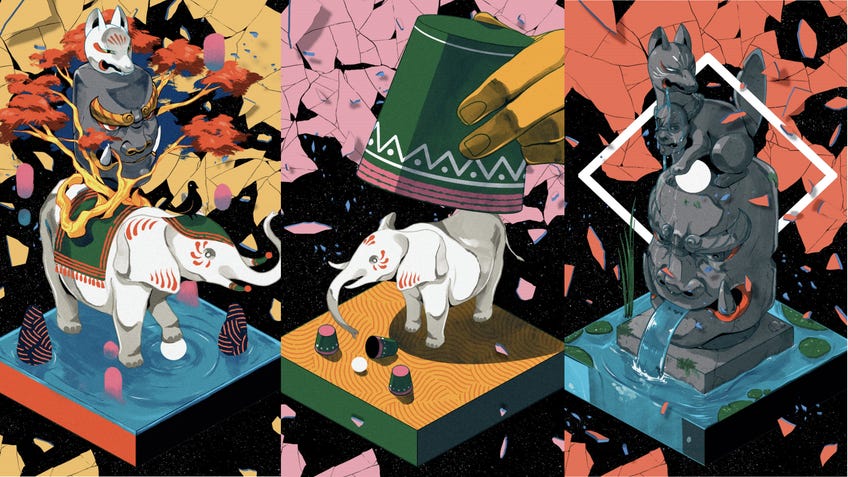
McNair and Wardlaw also reportedly siloed information and conversations as much as possible, reprimanding workers who discussed details shared in one Slack channel among any others and becoming noticeably upset when either suspected they were the last to learn.
This mistreatment extended to the independent designers working with Pandasaurus. Two who spoke anonymously with Dicebreaker claimed advances were delivered late - and only after multiple reminders - and the co-owners failed to communicate updates, art approvals and royalty payments to them for weeks or months-long stretches. One Pandasaurus Games worker claimed McNair instructed them not to relay mundane project updates to the designer of the game, which left them baffled.
“Nathan and Molly have a real belief that ‘the information is ours to keep secret, and no-one else must know it because otherwise…?’” one former contractor said, implying the reason for their behaviour remained a mystery throughout their time with the company.
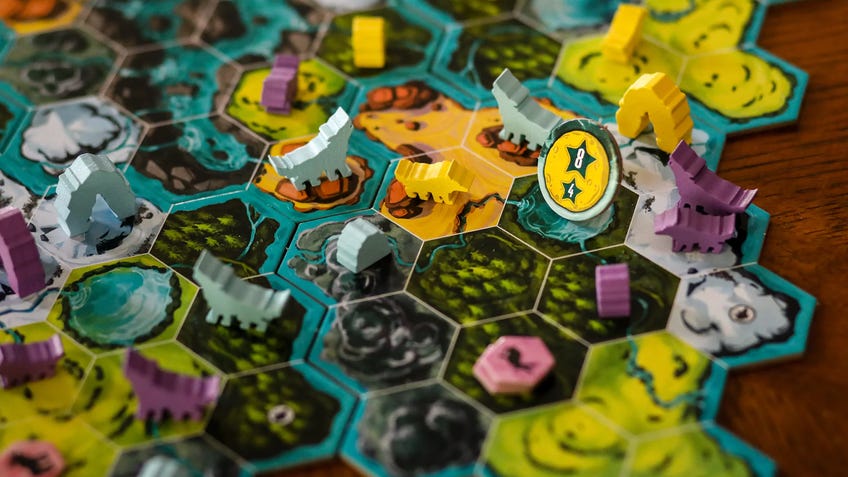
Many of the former workers said they don’t consider Pandasaurus’ owners to be consciously malicious or intentional in their treatment. Instead, they attribute their manipulative and often careless treatment to an inability to grow their expectations alongside the growth of their company, which the pair started together 11 years ago.
“Nathan and Molly do show that they are committed to paying people fairly, and I think they are doing so to the best of their ability. The problem is that ‘to the best of their ability’ isn't good,” one worker said.
They would not give up any scrap of decision-making power. It wasn't a flat structure, it was literally more like a dictatorship.
“They have a unique ability to find really great people and just destroy them and not appreciate them,” another said. “They envision themselves as being the good guy, but they have no introspection at all. It comes out as being manipulative and toxic, and it eats away at who you are. They don't mean to do it, but the end result is the same.”
One former worker regretted that most of Pandasaurus’ talent had been driven away by McNair and Wardlaw’s management style, leaving the publisher with little legacy knowledge and experience while also creating a trap where newcomers “can’t realise when they're in a toxic relationship”.
Pandasaurus responded to Dicebreaker’s request for comment by offering the following statement:
“Pandasaurus Games denies any allegation of a toxic work environment. Our employees are offered unlimited PTO, mental-health days and sick days and paid maternity and paternity leave. Our employees are also provided company-paid benefits, including dental insurance, vision insurance, health insurance and life insurance.
“After reviewing our records, I can confirm that our team members took an average of 18.75 paid days off in the last 12 calendar months, not counting 12 paid holidays. I can also confirm that, during the time frame in question, our team had an average of 3.3 sent emails per day, 22.6 slack channel posts per day and closed 2.7 tasks per day in our project-management software. System access, email access and slack messages sent after hours by team members ranged from between 1-4% of the total amount of work performed, according to a review of company records.”
